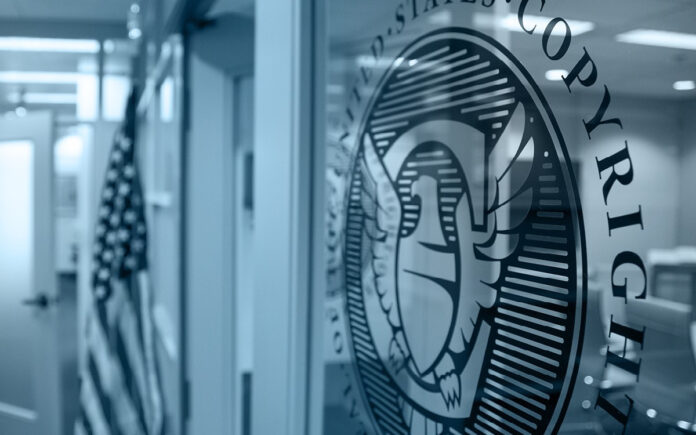New York: The U.S. Copyright Office has released Part 2 of its Report on Copyright and Artificial Intelligence, addressing the copyrightability of AI-generated works. The report reaffirms that human authorship remains a fundamental requirement for copyright protection in the United States.
Key Findings of the Report
The report examines the degree of human contribution required to bring AI-generated works within the scope of copyright protection. It also explores international perspectives on AI-related copyright issues and the policy implications of granting legal protection to AI-generated content.
Part 2 is a continuation of the Office’s AI initiative, launched in early 2023, which aims to provide registration guidance for works incorporating AI-generated content. The findings underscore the necessity of human creativity in determining copyright eligibility.
Human Authorship as a Core Requirement
The Copyright Office affirms that U.S. copyright law, as interpreted by courts, requires human authorship. The Copyright Clause of the U.S. Constitution and the Copyright Act emphasize the protection of “writings” by “authors,” which has been consistently upheld by legal precedent. The Supreme Court has further reinforced that an author must translate an idea into a tangible expression entitled to copyright protection.
No U.S. court has granted copyright protection to works created by non-humans, and previous rulings have rejected the notion that AI-generated content qualifies for protection.
Copyrightability of AI-Generated Works
To be copyrightable, a work must contain an element of human originality. The Office outlines three primary scenarios in which AI-generated works may qualify for protection:
- Assistive Uses of AI – If AI is used as a tool to assist rather than replace human creativity, the resulting work may be eligible for copyright protection.
- Expressive Inputs and Outputs – If a human integrates their own copyrightable work into an AI system and their creative expression remains perceptible in the output, copyright protection may apply to the human-authored portions.
- Modification and Arrangement of AI-Generated Content – If a human author creatively selects, arranges, or modifies AI-generated content, those elements may be copyrightable, provided they meet the minimum standard of originality.
AI Prompts Alone Do Not Qualify for Copyright Protection
The report concludes that AI-generated content derived from prompts alone does not qualify for copyright protection. The unpredictability of AI output means that users lack sufficient control over the final product to claim authorship. The Office notes that many AI systems operate as “black boxes”, making it difficult for users or even developers to predict the resulting output.
Global Perspectives on AI Copyright Protection
The Copyright Office examines how other countries approach AI-related copyright issues:
- European Union – AI-generated content may qualify for copyright only if human input in the creative process is significant.
- United Kingdom – Existing statutes protect works “generated by computer in circumstances such that there is no human author.” The U.K. government is reassessing copyrightability in the AI era.
- Japan – Copyrightability is determined case by case, depending on the extent of human input, selection, and modification.
- China – The person using AI to create content is considered its author.
The Office continues to monitor global developments and assess potential overlaps and differences in legal approaches.
No New Legal Protections for AI-Generated Works
The Office maintains that current copyright laws are sufficiently flexible to accommodate AI-generated content without requiring new legislation. While some advocate for additional protections to encourage AI development, the Office argues that existing legal frameworks already provide meaningful incentives. It also warns that excessive legal protections for AI-generated works could undermine human creativity and diminish the value of human authorship in society.
Also Read | Musk’s Cuts at U.S. Social Security Agency Face Legal Challenge
Implications for Legal Professionals
Legal professionals should consider the following takeaways when advising on AI-generated copyright issues:
- Human authorship remains a prerequisite for copyright protection.
- AI-assisted works may be eligible for protection if they involve meaningful human creativity.
- Prompts alone do not establish sufficient human control to warrant copyright protection.
- Selection, organization, and modification of AI-generated content may qualify for copyright if they reflect human originality.
- Existing copyright laws are adequate to address AI-related issues, and no new legal frameworks are currently necessary.
Also Read | Extreme Weather Slams Central and Southern US, More Storms Expected
The Copyright Office will continue evaluating technological and legal developments to determine whether its conclusions need revision. The upcoming Part 3 of the report will focus on the legal implications of training AI models on copyrighted materials, licensing considerations, and potential liability issues



